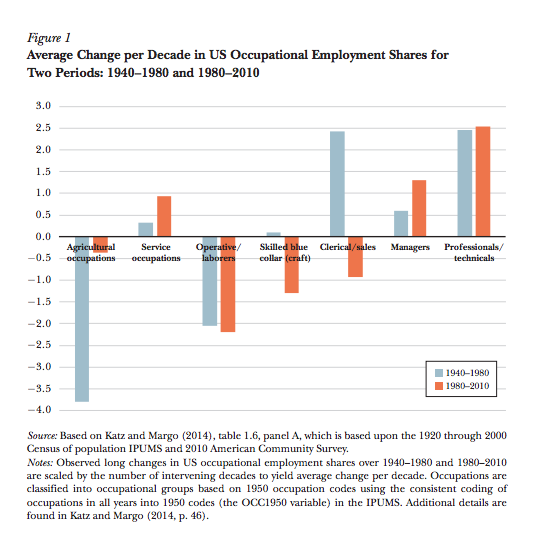Has anyone else been following this thread of alarmist articles in the media? Facebook deployed some "virtual assistant" technology or "bots" that apparently developed their own "language" to communicate between themselves more effectively. Oh no! Next they'll be conspiring against us!
From Dave Gershgorn at Quartz:
But Dave does a decent job here, explaining that, in fact, there is nothing nefarious going on:
From Dave Gershgorn at Quartz:
Recent headlines and news articles have depicted research from Facebook’s artificial intelligence lab as the sci-fi beginnings of killer AI: one bot is learning to talk to another bot in a secret language so complex that it had to shut down. A BGR headline reads “Facebook engineers panic, pull plug on AI after bots develop their own language,” and Digital Journal claims in its article that “There’s not yet enough evidence to determine whether they present a threat that could enable machines to overrule their operators.”Most of the coverage has been ridiculous: not just a waste of time or useless but actually misleading. These writers and publishers are using words to amuse, alarm and provoke but not to explain. Classic mystification.
But Dave does a decent job here, explaining that, in fact, there is nothing nefarious going on:
The bots did exactly what they were programmed to do: haggle over fake objects. They developed a new way of communicating with each other, because computers don’t speak English—just like we use x to stand in for a number in math, the bots were using other letters to stand in for longer words and ideas, like “iii” for “want” or “orange.”
